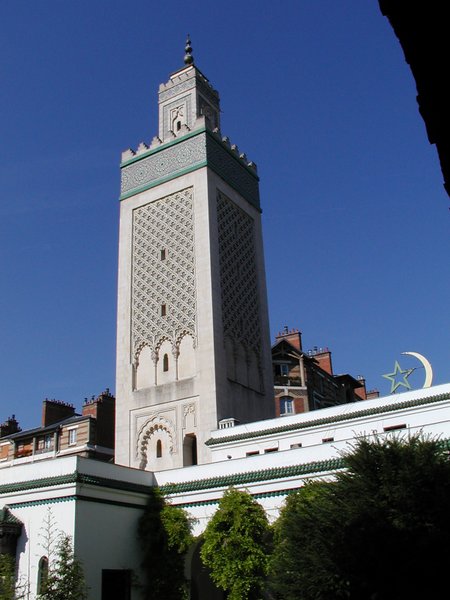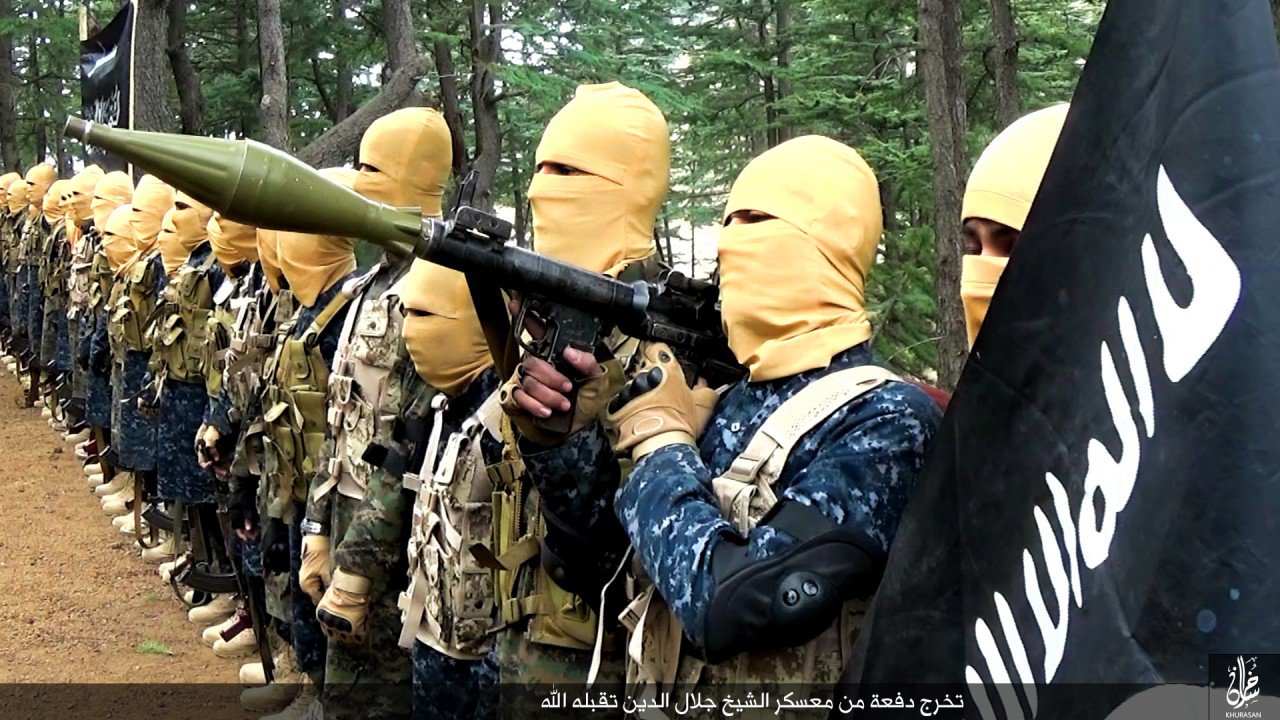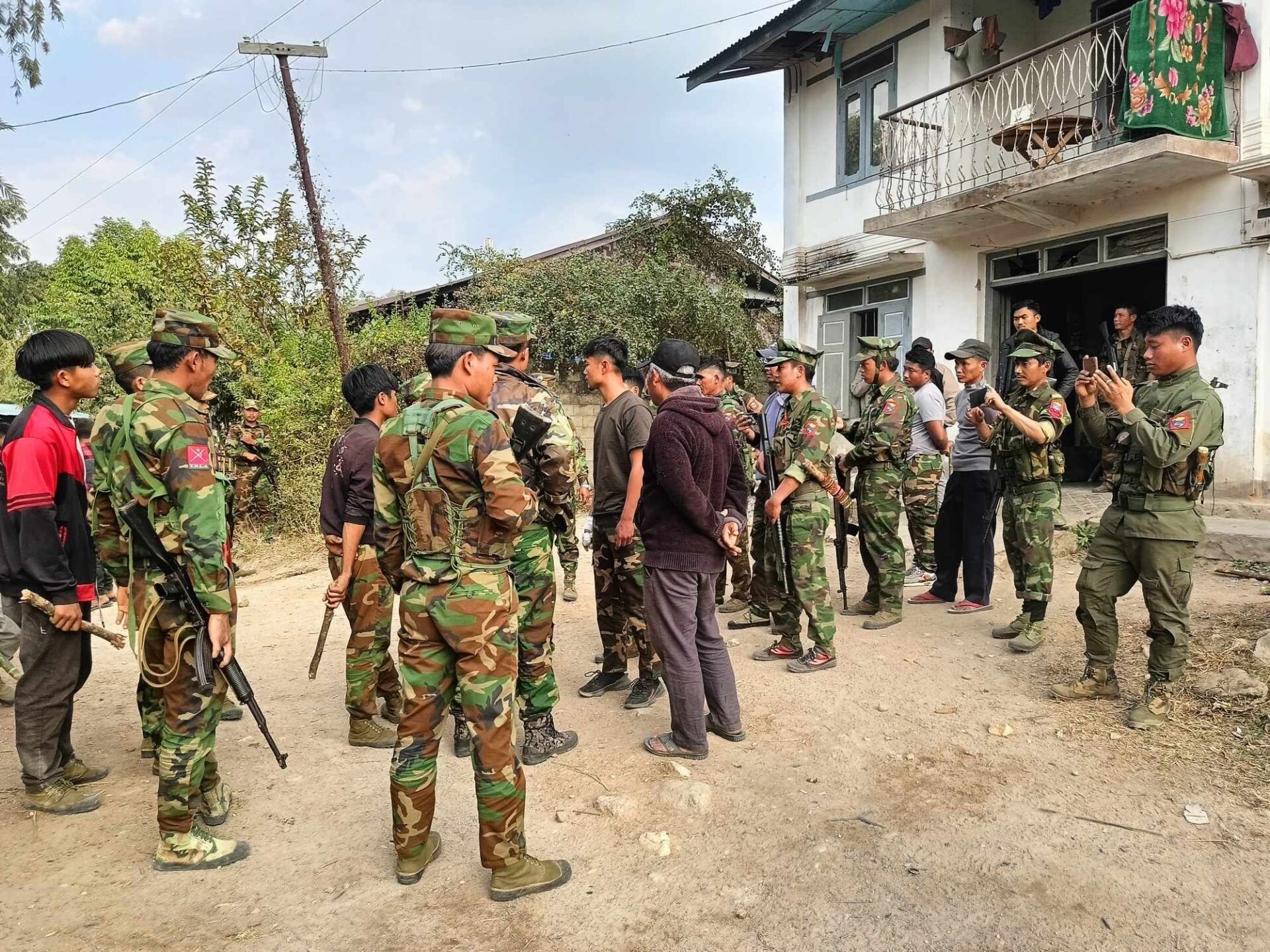
An Inside Look at France’s Mosque Surveillance Program
An Inside Look at France’s Mosque Surveillance Program
France’s counter-terrorism strategy is to disrupt terrorist networks before they are able to engage in violent action. Thus far, the strategy has worked since the last terrorist attack on French territory dates back to 1996. In the past few years, despite increased threats emanating from al-Qaeda and the Algerian Salafist Group for Preaching and Combat (recently renamed Al-Qaeda in the Islamic Maghreb), French intelligence services have successfully thwarted a number of plots and disrupted several cells recruiting French volunteers to fight in Iraq. Since radical mosques have played a critical role in the radicalization process of terrorists in the past, the Renseignements Généraux (RG), the French internal intelligence service, have been monitoring mosques, their clerics and their sermons since the mid-1990s. This article explores the current process of monitoring mosque sermons and assesses the program’s strengths and weaknesses.
Large Scale Monitoring
The section of the RG called Milieux Intégristes Violents (Violent Fundamentalist Environment) is in charge of monitoring all 1,700 mosques and Muslim places of worship throughout France. Through their monitoring, they have identified radical mosques in almost every corner of French territory, with the exception of four, predominantly rural, régions (Corse, Poitou-Charentes, Basse-Normandie and Limousin) [1]. Every Friday, sermons are collected through unidentified means, and they are centralized and analyzed. The RG use their analysis to determine which imams are preaching a radical Salafi brand of Islam, or if they are assisting terrorist activities by helping recruitment or granting material support to an operational network.
The RG use a set of pre-determined indicators to assess the degree of radicalism of a particular imam or preacher. The full list of indicators remains confidential, but it includes, among others, open calls for jihad, anti-Western rhetoric or anti-Semitism. When such indicators are noticed, the RG may increase their surveillance to assess whether the professed rhetoric masks a violent engagement and to identify those individuals who might be involved in terrorist networks and who use the mosque to meet and recruit like-minded fellows.
The number of established Salafi mosques in France of concern to authorities is statistically low (Le Nouvel Observateur, February 2, 2006). In 2006, then-director of the RG, Pascal Mailhos, estimated that 80 out of the 1,685 mosques and places of worship in France were of concern to his services (4.7% of the total number). Mailhos further indicated that 40 of those 80 mosques were “under constant pressure” from radical Islamist networks (2.3% of the total). He also noted that half of those were resisting radicals’ pressures, but that half had fallen into the hands of radical imams (1.1% of the total number) (Spyworld, November 24, 2005). It is also worth noting that religious practice is low among French Muslims. According to El Watan, only 10% of an estimated five million French Muslims attend a mosque regularly (El Watan, December 27, 2004). However, because any one of these mosques could breed or protect a terrorist network, French intelligence services consider each and every one of these radical mosques a potential threat.
Repressive Arsenal Designed to Elicit Moderation
Monitoring mosques to prevent radical imams from preaching radical Islam works because intelligence and judicial processes are intimately linked in France. In the mid-1990s, the French parliament passed a law authorizing the administrative expulsion of foreign imams who preach a radical and violent brand of Islam. When the RG identify a radical imam, they inform the local brigade criminelle (criminal police). According to the standard procedure, the brigade criminelle summons the offending preacher and threatens to expel him unless he moderates his preaching [2]. The relationship between the RG and the local brigade criminelle is generally good and efficient. During the past 10 years, both services have learned to work together and since 2005 their cooperation has been institutionalized into regional cells. Both services exchange information on a daily basis and handle each other’s requests quickly.
This arsenal gives imams and preachers incentives to moderate their discourse. If they want the local city council’s assistance to fund their activities, they need to cooperate with the RG and the police. As a police officer remarked, often the imam is summoned by authorities and reminded of the law. “That’s enough” to convince him to moderate his discourse. This mechanism is useful because a large proportion of imams operating in France are of foreign origin. They can therefore easily be expelled to their country of origin.
Unresolved Problems
Despite increased surveillance and a repressive legislative arsenal adequate to suppress immediate threats, religious extremism continues to progress. First, in poor suburban areas, young Muslim males in a precarious social situation can fall prey to a new brand of radical imams who can arouse their anger and stir them into violent and nihilistic actions. According to Eric Denécée, senior researcher at the Centre Français de Recherche sur le Renseignement, these imams are often foreigners and reside in France illegally; they are not integrated into the social fabric; they reject the French social contract; and they are not fluent in French [3]. These imams preach their own brand of radical Islam based on the “systematic rejection of French secularism, anti-French racism and obsessive anti-Semitism” [4].
Second, the RG monitors the mosques and places of worship of which it knows. Although “L’Islam des caves” which prevailed in the 1980s is largely a thing of the past, not all preachers operate in well-established and recognized mosques [5]. In particular, in difficult suburbs there are still preachers who operate in semi-hidden places of worship to dispense their teachings below the radar of the state surveillance system. Little is known of what is said in these mosques. Another difficulty in the surveillance system is to monitor what is said after the official sermons have ended. Supporting terrorism is not an open activity, even in radical Salafi mosques. These hidden activities involve a small group of attendees who might get to know each other at the mosque, but may plot their activities afterwards with or without the knowledge of the local preacher. Monitoring these activities requires infiltrating the actual network operating around the mosque.
Third, the pressure placed by the state surveillance system and the constant repression of radical clerics who preach intolerance and entice violence do not necessarily guarantee that moderation ultimately prevails upon radicalism. Assessing the respective influence of the mainstream Muslim community and of the more radical clerics over the main Muslim community is difficult. Established clerics who seek to represent the Muslim community have a vested interest in moderating themselves in order to gain the support of local communities and their elected representatives. Moreover, law enforcement authorities have at their disposal sufficient repressive mechanisms (notably the threat to expel trouble-makers) to stir imams into moderation.
Nevertheless, a large number of mosques in France are not affiliated with any of the representative organizations of French Muslims. The “Grande mosque de Paris” (Paris Grand Mosque) controls 14% of the French mosques. L’Union des Organisations Islamiques de France (French Union of Islamic Organizations), which is loosely affiliated with the Muslim Brotherhood, controls 13.5%. The Fédération Nationale des Lieux du Culte Musulman (National Federation of Muslim Places of Worship) controls seven percent (El Watan, December 27, 2004). This state of affairs leads some researchers to the conclusion that community leaders only exert “partial control” over their followers. According to Eric Denécée, the radical clerics “are those who influence the Muslim community, not the Muslim institutions or the Mosquée de Paris who only have partial control of their followers” [6].
Finally, French authorities appear to reluctantly use the procedure of expulsion. According to the testimony of the Préfet de Police de Paris, Pierre Mutz, before the French parliament, the authorities expelled 11 imams in 2005 out of 30 mosques classified by the RG as “radical.” Although the law enabled the authorities to expel all 30 clerics, the government chose to expel only half of the culprits. It appears that the French authorities are using this legislative disposition as much as a carrot to stir the clerics toward moderation than as a stick when they have strayed.
A Larger Definitional Problem
Apologists of the French counter-terrorism strategy will point to the role played by previous Salafi clerics in the radicalization process of past terrorists to justify the extensive surveillance of mosques throughout the country. Three problems, however, remain.
Mosques do not constitute the only channel of religious radicalization in France. Radical discourses are now conveyed through satellite televisions, which are increasingly available to French Muslims. The internet, with numerous jihadi-friendly websites available in both Arabic and French, allows the dissemination of a radical Salafi discourse that preaches hatred of the West, rabid anti-Semitism and anti-French racism. Finally, libraries and publishing companies specializing in Islamic studies also participate in the dissemination of radical Salafi material. On these three fronts, French law enforcement authorities are ill-equipped to monitor and curb the expansion of radical Salafi ideology disseminated via these channels. Actions against satellite channels or websites located outside of France are difficult or impossible. The French government forbade French satellite companies from offering Hezbollah’s television channel al-Manar, but cannot stop Arabsat from carrying the same channel. Similarly, the Préfet de Police of Paris testified before parliament that current jurisprudence does not allow his services to take action against libraries selling forbidden books.
The monitoring of mosques is designed to identify individuals who may become terrorists and engage in violent actions against French state interests or against the French population. It is conceived as a preventive measure designed to either identify and neutralize individuals who might become terrorists, or to suppress the ideology susceptible to motivate those individuals to pursue violent action. Although such monitoring may be necessary as a means to prevent terrorist actions, it is not currently leveraged to support a widespread effort to counter the radical violent Salafi brand of Islam. Suppression and repression has been a successful strategy for the past 10 years, keeping France free of terrorist attacks amid mounting threats. Nevertheless, it is not a strategy against a violent ideology that uses whatever channel is available to make itself available to those pre-disposed to find it. The constant monitoring of radical preachers should be used to inform a solid, coherent, well-argued alternative discourse to a violent, intolerant brand of Salafi ideology.
Systematic monitoring of mosques in France has served the country well so far, helping disrupt several terrorist plots and actions in France and outside. However, as currently structured, the current system under-utilizes the wealth of information collected and does not participate in a larger counter-propaganda effort against the violent radical interpretation of Islam.
Notes
1. A “région” is an administrative district in France. There are 22 régions in France.
2. “Lutte contre le terrorisme: L’engagement de la PP,” Liaisons, nº87, December 2005-January/February 2006.
3. The mastering of French by foreign imams operating in France seems to be a widespread problem. According to the Renseignements Généraux (RG), out of a poll of 1,000 imams, 360 were fluent in French, 315 were moderately proficient in French and 350 had no proficiency in French. For the RG, this is a “major source of concern for the future.”
4. Eric Denécée, Le développement de l’Islam fondamentaliste en France: aspects sécuritaires, économiques et sociaux, Paris, Centre Français de Recherche sur le Renseignement, rapport de recherche nº1, September 2005.
5. The term “Islam des caves,” which can loosely be translated as “Basement Islam,” refers to the widespread practice of preachers holding sermons in the basements of high-rise buildings in predominantly Muslim suburbs during the 1980s.
6. Eric Denécée, Le développement de l’Islam fondamentaliste en France: aspects sécuritaires, économiques et sociaux, Paris, Centre Français de Recherche sur le Renseignement, rapport de recherche nº1, September 2005.


